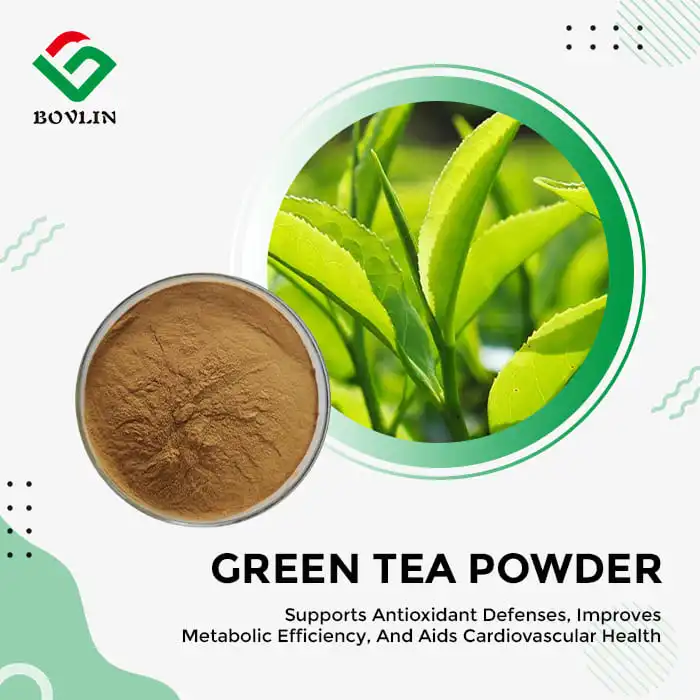How Do Walnut Peptides Support Cognitive Performance?
Antioxidant Protection for Neural Cells
Walnut peptides are rich in antioxidant compounds that play a vital role in defending neural cells against oxidative damage. The brain is especially vulnerable to free radical-induced stress due to its high oxygen consumption and lipid-rich environment. Walnut peptides help neutralize these reactive molecules, reducing oxidative harm to neurons. This protective action supports the preservation of neuronal structure and function, which is essential for sustaining cognitive abilities. Consequently, walnut peptides may help slow down the progression of age-related cognitive decline and neurodegenerative changes.
Neurotransmitter Modulation
Emerging studies suggest that walnut-derived peptides can interact with the brain's neurotransmitter systems, influencing key biochemical pathways. These peptides have been found to affect receptors and enzymes involved in the synthesis, release, and breakdown of neurotransmitters such as dopamine, serotonin, and acetylcholine. By regulating neurotransmitter levels, walnut peptides may enhance synaptic plasticity—the brain's ability to form and reorganize synaptic connections, which is fundamental for learning, memory consolidation, and overall cognitive flexibility. This modulation supports improved neural communication and cognitive performance.
Anti-Inflammatory Effects on Brain Tissue
Neuroinflammation is increasingly recognized as a critical factor in cognitive decline and neurodegenerative diseases like Alzheimer's. Walnut peptides exhibit anti-inflammatory effects that can reduce the production of pro-inflammatory cytokines and inhibit microglial activation within brain tissue. By dampening chronic inflammation, these peptides help maintain a healthier neuronal environment conducive to optimal brain function. This anti-inflammatory activity may protect against memory loss and cognitive impairments, ultimately supporting long-term brain health and enhancing mental performance.
Brain-Boosting Nutrients in Walnut-Derived Peptides
Essential Amino Acids Profile
Walnut peptides contain a balanced profile of essential amino acids, which serve as building blocks for various neurotransmitters and proteins crucial for brain function. These amino acids include tryptophan, tyrosine, and phenylalanine, which are precursors to important neurotransmitters such as serotonin and dopamine. The presence of these amino acids in bioavailable peptide form may enhance their uptake and utilization by the brain, potentially supporting cognitive processes and mood regulation.
Neuroprotective Polyphenols
While peptides are the primary focus, walnut extracts also contain polyphenolic compounds that work synergistically with peptides to promote brain health. These polyphenols, including ellagic acid and gallic acid, have been associated with neuroprotective effects. The combination of peptides and polyphenols in walnut-derived ingredients may provide a comprehensive approach to supporting cognitive function and enhancing memory in functional food formulations.
Omega-3 Fatty Acid Precursors
Walnut peptides are derived from a nut rich in omega-3 fatty acids, particularly alpha-linolenic acid (ALA). While the peptide fraction itself may not contain significant amounts of these fats, the overall walnut extract can provide precursors to important brain-supportive compounds. This holistic nutritional profile makes walnut-derived ingredients an attractive option for manufacturers developing comprehensive brain health formulations.

Functional Food Innovations Targeting Memory Health
Incorporation of Walnut Peptide Powder in Beverages
Beverage manufacturers are exploring the integration of walnut peptide powder into functional drinks designed to support cognitive health. The solubility and stability of walnut peptides make them suitable for incorporation into various liquid formulations, from smoothies to energy drinks. This versatility allows for the development of convenient, on-the-go products that cater to consumers seeking cognitive enhancement throughout their day.
Nutrient-Dense Snack Formulations
The food industry is innovating with walnut peptide powder to create nutrient-dense snacks that target memory and cognitive function. Protein bars, granola clusters, and functional confectionery products are being fortified with walnut peptides to offer consumers brain-boosting benefits in familiar snack formats. These products aim to combine the cognitive support of walnut peptides with other complementary ingredients to create holistic brain health solutions.
Nutraceutical Applications for Targeted Cognitive Support
Nutraceutical companies are developing specialized formulations that leverage the potential of walnut peptides for memory enhancement. These may include capsules, tablets, or powders designed for easy consumption and targeted cognitive support. By combining walnut peptides with other evidence-based nootropic ingredients, manufacturers can create comprehensive brain health supplements that address multiple aspects of cognitive function and memory improvement.
Conclusion
Walnut peptides represent a promising avenue for manufacturers and enterprises seeking to develop innovative products for memory enhancement and cognitive support. The multifaceted benefits of these bioactive compounds, including their antioxidant, anti-inflammatory, and neurotransmitter-modulating properties, make them a valuable ingredient in functional foods and nutraceuticals targeting brain health. As research continues to elucidate the mechanisms by which walnut peptides support cognitive function, the potential for new and effective memory-boosting formulations grows, offering exciting opportunities for product development in the health and wellness industry.
Contact Us
For more information about walnut peptide powder and its potential applications in your products, please contact Shaanxi Bolin Biotechnology Co., Ltd. at sales1@bovlin.com. Our team of experts is ready to assist you in exploring innovative solutions for memory enhancement and cognitive support formulations.

References











